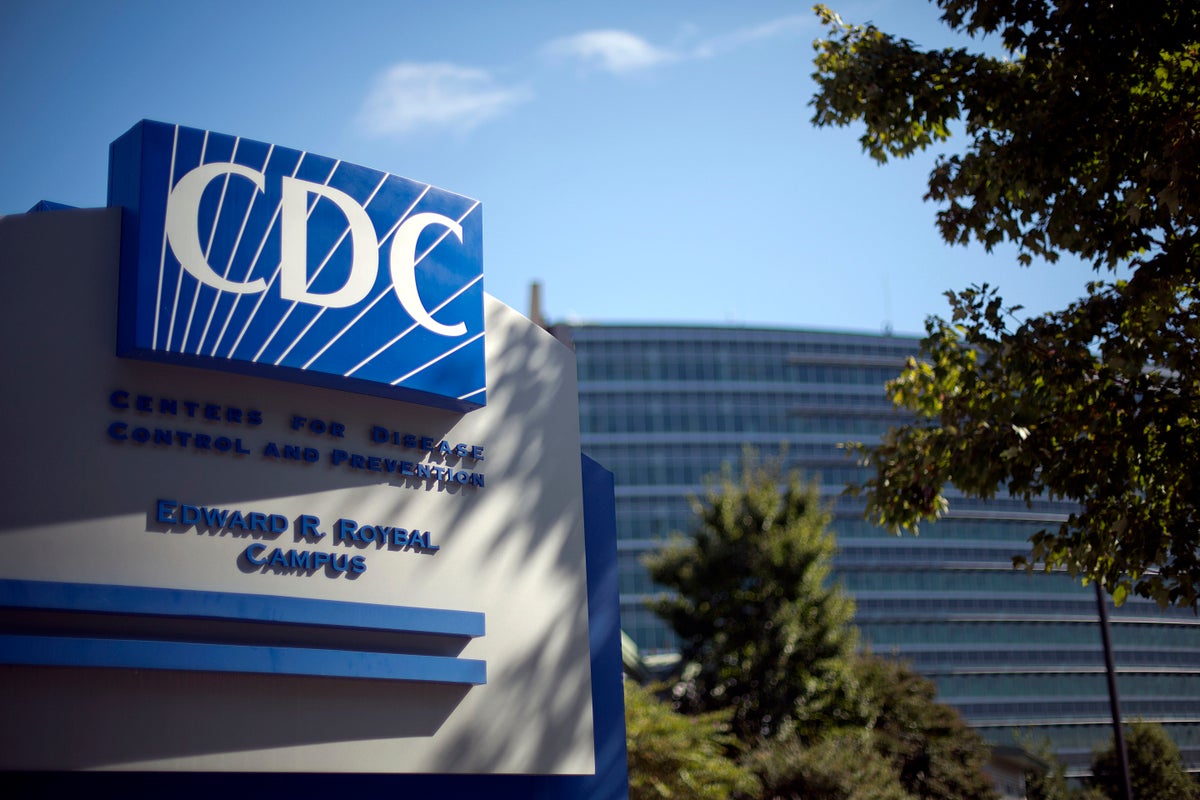A reckless sale of public lands won’t solve the housing crisis
Trump’s allies in Congress are pushing proposals that would recklessly sell off America’s great outdoors under the banner of housing solutions.

As sky-high housing costs bring widespread economic pain, some in Washington are using the crisis as an opportunity to push a reckless proposal to sell off America’s public lands.
After many years of stagnant housing construction, the U.S. needs a focused effort to support struggling families and build more affordable homes. Solving the housing crisis requires a multi-prong strategy, but one idea is getting a surge of attention, ranging from the Trump administration to the New York Times: selling off national public lands for housing development.
The vast majority of public lands are remote and not conducive for developing housing, but selling federal land parcels can help address housing needs in limited circumstances — if done well. In 2024, for example, the Department of the Interior and the Department of Housing and Urban Development jointly announced the sale of federal lands for affordable housing near Las Vegas, and bipartisan legislation passed the same year addressed a key bottleneck to speed future land sales.
The Trump administration recently launched a joint task force to explore selling federal lands that could address housing needs, promising a restrained approach and a focus on affordability. The problem: President Trump’s allies in Congress are pushing proposals that would recklessly sell off America’s great outdoors under the banner of housing solutions.
As part of Trump’s “big, beautiful bill,” which congressional leaders want to pass by Memorial Day, House and Senate Republicans are reportedly considering selling public lands to help offset tax cuts for the wealthy. The conservative American Enterprise Institute is pushing this proposal, claiming it could generate $100 billion in federal revenue over a decade — a goal that seems at odds with a focus on affordable housing.
In the Senate, relevant portions of the Republicans’ priority bill will be led by Energy and Natural Resources Chair Sen. Mike Lee (R-Utah), a close Trump ally who has long questioned the constitutional basis for retaining national public lands and supports efforts to force their sale or transfer.
Lee also authored the leading bill to sell public lands for housing. Originally announced as a “new Homestead Act” that would help wrest control of public lands from the federal government, Lee’s HOUSES Act, as introduced last term, would make more than 200 million acres of national public lands available for nomination and sale to state or local governments.
The vast majority of the lands covered by this bill are far from major population centers or existing infrastructure, which is critical for developing the affordable housing Americans need today. Instead, with no mention of affordability and only lax density requirements, Lee’s bill would open the door for valuable public lands to be privatized into second or third homes for the wealthy, developed into pricey short-term rentals or locked up by real estate speculators. The bill even appears to allow investors to scoop up lands under the pretense of developing housing, sit on them for 15 years and then sell them for golf courses, members-only clubs or any other use.
While the bill excludes some obvious protected areas like national parks, it would offer up other lands that today are federally managed to preserve exceptional wildlife habitat, clean water, cultural resources and recreation opportunities. What’s more, the bill dictates that a housing development will outweigh any other use or value of the public lands proposed for sale, forcing the government to sell without regard for scenic, recreational or ecological values or the broader public interest.
There is validity to the idea that selling some federal land — as well as nonessential state and municipal land — could help ease land availability pressures in some places. Targeted land transfers with states can even make land management more efficient and advance conservation and economic development goals. But achieving these outcomes requires clear legal guardrails to prevent a net loss of critical resources, like clean water, recreation assets, wildlife or cultural resources; to ensure affordable housing or other public benefits for communities and taxpayers; and to prevent abuse by private interests.
Whether the Trump administration’s new federal lands-for-housing initiative will meet these tests remains to be seen. But the public lands sell-off legislation being shopped on Capitol Hill is little more than a Trojan horse for a fringe anti-public lands agenda. And alarm bells should be ringing when Secretary of the Interior Doug Burgum says that “much of” the land he oversees — in other words, hundreds of millions of acres — is “suitable for residential use.”
Our country needs meaningful answers to the housing crisis and wise stewardship of our public lands, not extreme agendas masked as solutions.
Drew McConville is a senior fellow for conservation policy at the Center for American Progress and a former official with President Obama’s Council on Environmental Quality.













































































